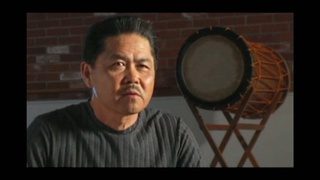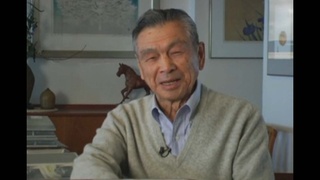Interviews
Japanese were not welcomed back to Salinas
Politically speaking, Salinas was also taken over by the people from Oklahoma, the Dustbowl people from Oklahoma who took over the farming and supervisory position in Salinas, and of course politically speaking they didn’t want the Japanese to come back because it was competition. And as a result, Salinas has been for a long time did not want the Japanese to return.
As a matter of fact, my father’s company wrote a letter to him telling him that we employees of the Salinas Valley Vegetable Exchange—that’s the name of the company my father owned—that he would not return to Salinas. And as a result we did not go back to Salinas. So that’s the reason why we relocated to Los Gatos.
Date: March 22, 2018
Location: California, US
Interviewer: John Esaki
Contributed by: Watase Media Arts Center, Japanese American National Museum









